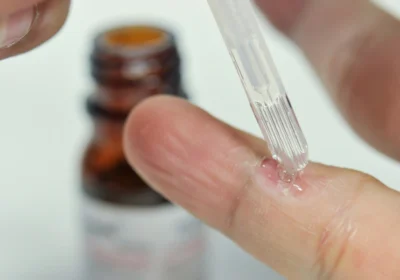
The Importance of Self-Care in Depression Recovery and Management
Affected millions of people globally, depression is a complicated and diverse mental illness. It can seriously affect daily functioning; hence, people must use sensible plans for management and recovery. Of these approaches, self-care is absolutely vital. Although medicine and professional therapy, such as consulting a San Antonio psychiatrist, are usually the main components of treatment, self-care is just as crucial for overall well-being and supporting recovery.
Understanding Self-Care
Self-care is the intended activities people undertake to sustain and recover their mental, emotional, and physical condition. It covers an extensive range of behaviors, from keeping up a good diet and workout schedule to fostering relationships and pursuing interests. Self-care is absolutely essential in the framework of depression rehabilitation since it helps people to participate actively in their healing process.
Enhancing Physical Health
Maintaining physical health is one of the major foundations of self-care. Crucially, are regular exercise, a balanced diet, and enough sleep. Endorphins released by physical activity have been demonstrated to help boost mood and lower depressive symptoms. In the same vein, a healthy diet offers vital elements supporting general health and brain activity. Giving excellent sleep hygiene top priority guarantees that the body and mind will be rested, improving mood and cognitive ability.
Fostering Emotional Well-Being
Emotional self-care is the set of activities and techniques meant to control stress and strengthen mental toughness. By encouraging relaxation and emotional balance, mindfulness and meditation can help to lower depression symptoms. Another useful technique that lets people communicate their ideas and emotions is journaling, which helps one to get clarity and self-awareness. Participating in fun hobbies and activities can also help to improve mood and bring delight and accomplishment.
Building and Maintaining Relationships
Self-care depends on social contacts, which also help much in controlling depression. Creating and preserving positive relationships can help one feel emotionally supported, less alone, and more generally well. One should cultivate ties to friends, relatives, and support groups as well. Essential in the healing process, open communication and social support seeking can provide one a sense of belonging and comfort.
Setting Realistic Goals
Another important element of self-care is developing reasonable and attainable objectives. Celebrating little successes and organizing work into achievable stages would help one feel motivated and successful. One must avoid overwhelming oneself with false expectations since overly high standards might cause irritation and aggravate depression symptoms.
Managing and recovering from depression depends heavily on self-care. By consulting a San Antonio psychiatrist, individuals can greatly improve their overall quality of life by paying close attention to their physical health, emotional well-being, social connections, and realistic goal-setting. Although professional treatment is vital, including self-care activities into daily life can offer great empowerment and support.

















